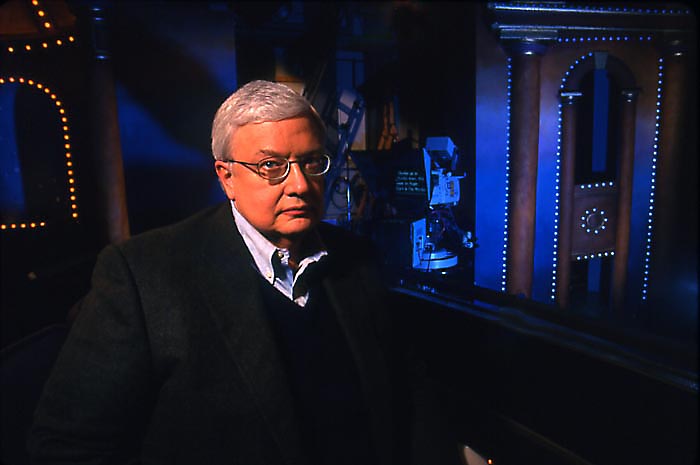This post has not been edited by the GamesBeat staff. Opinions by GamesBeat community writers do not necessarily reflect those of the staff.
Editor's note: While many decided to label the famous critic a troll, Chris chose to approach Roger Ebert's opinions with a modicum of class. If you'd rather call the Pulitzer Prize winner an "old windbag," avert your eyes. Regarding the rest of you: this is how you address a disputant. -Omar
Not long ago, Roger Ebert boldly stated that games aren't art. And again, more recently, he reaffirmed his position on the subject — a position which probably won't change.
Gamers jumped on Ebert as though he was an outsider in a town of inbreds, throwing insults and back-handed remarks like they were going out of style. After reading a few reactions to the Pulitzer-prize winner's opinions, I felt angrier with gamers than with Ebert himself.

This isn't true of everything I read: Most respondents either laughed at Ebert's flippant remarks or made convincing arguments to the contrary. The problem is, of course, that these people are preaching to the choir. Most gamers already view their favorite titles as art — they don't need convincing. On top of all that lies the sad reality that Ebert will never read any their opinions.
As gamers, we want to be taken seriously. If we hope to achieve public legitimacy, we need to stop calling Ebert names or making claims like "Roger Ebert is stupid, this game is art!" These comments do nothing to convince anyone of anything. Sadly, the only point proven is that gamers are childish, immature, and incapable of stringing together coherent words without resorting to name calling.
Disagreeing on what determines art isn't a crime. Instead, it just means that two people view the same thing in a different way. In my experience, disagreements spark discussions, and discussions cause change, for better or for worse.
In the case of Ebert's assertion, I only see benefits.

I'm convinced that Ebert's claims have directly caused a significant increase in the efforts of developers to push the limits of game design. Whether by means of storytelling or visual effects, developers have accepted the film critic's challenge and responded in kind. Heck, I'd even go as far as to say that some developers have made it their goal to make a recognizably artistic game.
Were these changes inevitable? Maybe. But that doesn't invalidate the challenges we've overcome in the five years since the "games as art" debate began. I believe that Roger Ebert's opinions about our beloved form of entertainment have been advantageous to the industry as a whole.
Look, I'm not trying to persuade Ebert to change his view of a medium he admittedly cares very little about. I don't think you should either.
I'm only asking that if you feel the need to disagree with the man's opinion, do so intelligently and respectfully. Don't automatically pour hate upon him because his views about video games are the polar opposite of your own.
As for me: I like Roger Ebert, but I disagree with him.
